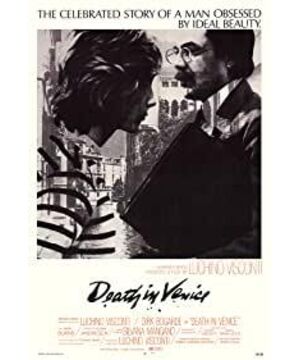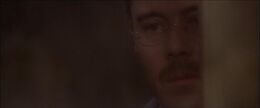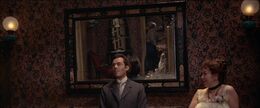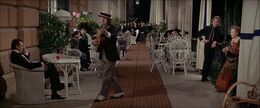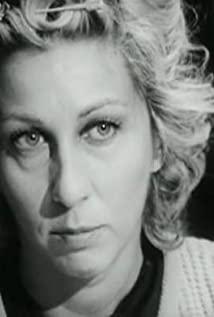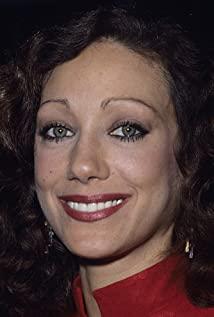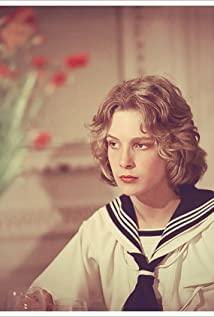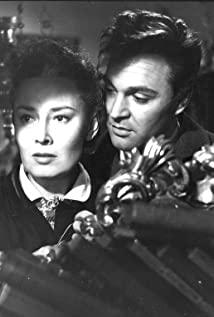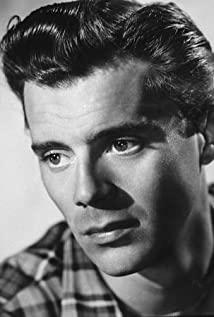Yesterday I went to see Death in Venice (Death in Venice, by Luchino Visconti, ex 971) at the Hong Kong Italian Film Festival. The journey is inexhaustible, and I spent 110HKD on the Airport Express for one stop to Kowloon. Arrived and had missed the first ten minutes. The charm of this movie is that the audience's understanding of the movie is constantly changing with the development of the plot, so that at first I thought I understood it, but at the end I walked out of the theater in a daze. When I got home and read a lot of film reviews, I couldn’t help but find Thomas Mann’s original work, plus the lines I remembered in my head, the more I remembered it, the more excited I became. I couldn’t help but write something. Yes, but after watching this movie, I have to write something to record my viewing experience when I was in my 20s, because I know that one day I will collide with it. It has nothing to do with the situation, but about art, beauty, life, and death.
#Realistic idea?
#death of classicismtragic art? Beauty in decay/ classicism's pitfalls
I doubt whether a lot of long takes is the usual technique of Italian directors, and I also experienced this when I watched Antonioni's "China" before. The tourists in the Venice Hotel, their words, deeds, and gestures are as meticulous as the classic oil paintings displayed in the National Gallery of England, and they have the luxury of Rococo style, a kind of static beauty. The director spent a lot of frames recording the beach life of tourists. Everyone was having fun. The teenagers chased, kissed and played games on the beach. These are all about describing real life, I think: about nature, desires, pleasures. In the film, the protagonist Gustav von Aschenbach travels through memories in unison during the vacation. There is a segment in which he is arguing with Alfred, his friend. Aschenbach insists that beauty is spiritual rather than sensual, "...that you will never accomplished, wisdom, truth, and human dignity”; Alfred smiled contemptuously, “wisdom, human dignity, what used are they? …you know what lies at the bottom line of the mainstream? it is mediocrity” I somehow felt joy and laughed.
Aschenbach says
“art is the highest source of education, and art has to be example of it, it is ambiguous.”
I'm a little confused, what is the meaning of Alfred's character? Whether it represents a fallen reality or a dying vindicator of ancient Roman Greek art.
#blondeteenTadzio
I was first amazed by his appearance, and it is no exaggeration to say that he is as beautiful as a god. Clear and melancholy eyes, mysterious smile, ecstasy sitting posture. His every move touches Aschenbach's mood, making it throbbing with rejuvenation. I have always believed in beauty and searched for beauty, but I have never been so shocked that beauty can rekindle youth in the twilight years. Perhaps the absurdity of Wu Zetian and Tang Minghuang in his later years was also due to the desire for youth. Aschenbach madly wanted to possess Tadzio; when he saw Tadizo smiling, he thought "You must never smile like that. You must never smile like that at anyone" I was moved by this sentence, this kind of feeling, transcending the world without a trace of filth and holiness Pure, as Aschebach pursues beauty and art "The creation of beauty and purity is a spiritual act."
I saw a comment that Tadzio represented the description of the god of death in ancient Rome. At the end of the film, Tadzio pointed to the sky, according to the original description:
"The sky began to show a rosy color, a radiance of indescribable splendor; the nascent clouds, dyed bright by the rays of the sun, floated in a mist of rose and pale blue, like The Cupid goddess of love stood beside each other. A burst of purple light appeared on the sea, and the diffused brilliance seemed to churned on the rolling waves; Uncertain - at this time, the dawn of Xiwei has become a dazzling light, and a flaming fireball shows the power of a god, rising quietly, and finally, the sun god rides a galloping horse, rising slowly on the earth ."
excerpt from
died in Venice
Thomas Mann
This material is protected by copyright.
I especially like the scene where Aschenbach recreates his own image at the end in order to attract the attention of his beloved. The barber dyes his hair black with ink, white powder on his face, and red lips. Glossy, although it looks funny, even I think it's like burial makeup, but here I can't laugh. His life is in pursuit of wisdom, truth, human dignity. To death, also died poignantly and peacefully. Died in the pursuit of beauty.
Another point, perhaps the movie is a metaphor that despite the presence of decent artists like Anschenbach, the era of classicism has died out, in the plague, in reality.
- looking forward to watching again
Jiang Rui
View more about Death in Venice reviews


